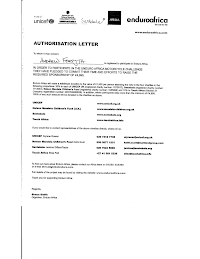For a quick read, the executive summary offers a brief and succinct overview of the country's health challenges and underscores the need for a multi-sectoral plan of action for government, universities, and civil society alike.
Take a look at the series.
Key messages1. Problem of colliding epidemics: 15 years after its first democratic election and liberation from apartheid, South Africa faces colliding epidemics – explosive HIV and TB epidemics, a high burden of chronic illness, mental health disorders, injury and violence-related deaths as well as a silent epidemic of maternal, neonatal, and child mortality. South Africa’s per capita health burden is the highest of any middle-income country in the world. The brunt of all these disease burdens is still carried by the poorest families.2. Paradox of supportive policies with moderate spending on health, yet worsening health outcomes. The extra health burden means more investment in health systems, at least in the medium term, and more effective implementation and effective management at all levels is needed.3. Pressure on the health system, especially at district level to cope with the heavy burden of disease. There is also a disconnect between the public and private sectors. The priorities are:· prevention - whether for infections (notably HIV and TB), non-communicable diseases, injury, or for maternal, neonatal and child health (especially prevention of mother-to-child HIV transmission [PMTCT] and improved newborn health).· primary health care that is integrated and effective with strong management and capable use of data.· practising widespread scale up of successful innovations and relevant and rigorous clinical research.4. Potential for change: South Africa could be on track for the Millennium Development Goals (MDGs) and reduce other epidemics with strategic investment, implementation, leadership and accountability for public and private sectors. Civil society has been key in promoting action for HIV/AIDS and could play a more powerful role for the wider health agenda in South Africa.
Take a look at the series.




No comments:
Post a Comment